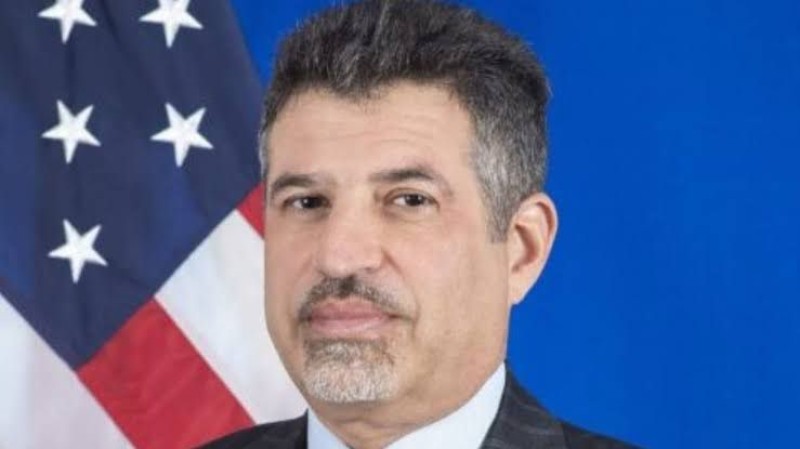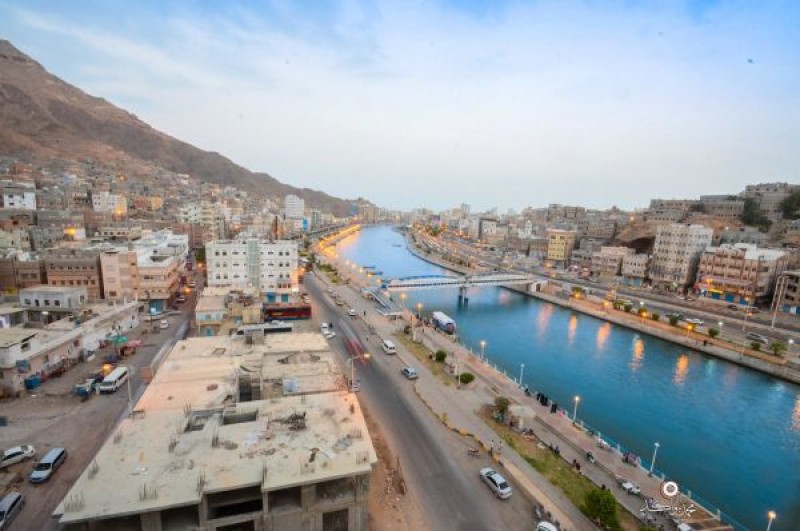Trump administration considers suspending humanitarian assistance to Yemen amid new rebel restrictions


The Trump administration is considering suspending much of its humanitarian assistance to Yemen as part of an international response to new restrictions imposed by Iran-linked Houthi rebels, officials said.
Consideration of such a move by one of Yemen's biggest donors, which, if implemented, could worsen already dire conditions, underscores the challenge of managing aid operations in areas controlled by a rebel movement that is hostile to the West.
A senior State Department official said the United States has not made a final decision but was coordinating with other donor nations and aid organizations on possible responses to a 2 percent "tax" on assistance projects and other new measures in swaths of Yemen administered by the Houthis.
"We're in an unfortunate situation and we're trying to work the problem," the official said, speaking on the condition of anonymity because he was not authorized to discuss the issue publicly. "If such an action were taken, it would be one that was forced by basically unprecedented Houthi obstructionism."
Whether the United States and other donors should suspend or reduce assistance in Houthi-controlled areas will be a central question when donor countries and aid groups meet in Brussels next week.
Officials familiar with the discussions say the Trump administration has already informed humanitarian organizations that a suspension, if finalized, would take effect March 1. The United States provided $746 million in Yemen assistance in fiscal 2019.
A potential halt to lifesaving aid comes as hopes for a negotiated end to the conflict have been complicated by a flare-up in violence between the rebels, who receive assistance from Iran, and Yemeni forces backed by Saudi Arabia and other Gulf nations. The conflict began in 2015 when a Saudi-led military coalition began a punishing air campaign against the rebels, who had taken over Sanaa, the Yemeni capital.
The possible move also coincides with heightened U.S. tensions with Iran, which is believed to have provided military support to the Houthis. The White House has applied a "maximum pressure" campaign on Iran that includes punishing sanctions aimed in part at forcing Tehran to end its support for foreign armed groups.
Humanitarian officials, who already have cut back assistance due to Houthi restrictions, describe a morally fraught situation in which they acknowledge that donor countries need to ensure taxpayer-funded aid is properly delivered but also worry that large-scale suspensions will aggravate conditions for Yemenis.
"What we really want to do is make sure people don't get hurt," a senior U.N. official in Yemen said, also speaking on the condition of anonymity. "But we recognize that we have very big problems."
The United Nations provides food assistance to more than 12 million people a month in Yemen, which was very poor even before the conflict erupted. Fighting, reduced commerce and economic upheaval have all contributed to widespread hunger and disease.
The discussions in Washington about a potential suspension may also reflect skepticism about whether the United Nations and aid groups can manage the risks of aid diversion. Soaring need among Yemenis has prompted the United Nations to scale up aid its Yemen operation in the past year, posing another challenge to managing and delivering supplies.
U.N. officials say they have struggled to prevent diversion of aid by Houthi officials, who they believe have sold assistance on the black market or funneled it to fighters. Last year, the United Nations temporarily suspended part of a program in Sanaa after Houthi officials rejected a registration system designed to ensure that aid reached its intended beneficiaries.
Just last month, the United Nations said that an aid warehouse in a Houthi-controlled area was looted.
Aid agencies have also faced problems in areas controlled by the Saudi-backed Yemeni government, but those have been less dramatic, aid officials say.
It was not immediately clear whether a U.S. suspension would impact funding for U.N. aid programs in Yemen or only assistance provided via smaller aid groups. Reuters previously reported that a reduction to international aid to Yemen was likely because of the Houthi restrictions.
Many aid organizations say they have undertaken "involuntary reductions" in Yemen because a newly formed Houthi apparatus that oversees assistance has delayed approving travel for relief workers and their initiatives.
U.N. and other officials also cite increased harassment and even detention of aid workers in Houthi-controlled areas. One aid worker familiar with operations in Yemen said such hostility there has reached "a fever pitch."
But he described the 2 percent tax as a "red line" that compounded concerns for aid groups.

Riyadh — U.S. Ambassador to Yemen, Steven Fagin, on Monday underscored Washington’s commitment to the unity of the Presidential Leaders…

Abyan — The Southern Transitional Council (STC) in Yemen announced on Monday the launch of wide-scale military operations in Abyan province,…

Aden – Yemen is witnessing heightened political activity aimed at defusing tensions in the eastern provinces, where competing forces have vie…